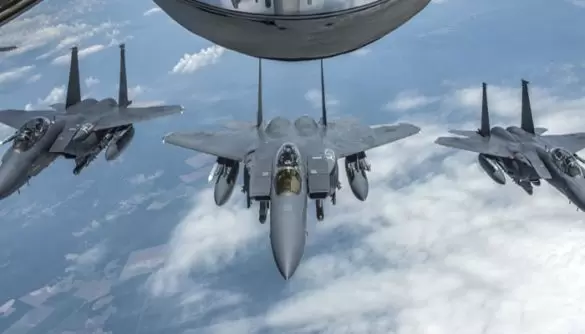Pakistan Issues Firm Warning to Kabul
Pakistan has delivered an unusually strong warning to Afghanistan’s Taliban government, cautioning that any militant attack launched from Afghan territory into Pakistan will prompt direct military strikes against Taliban border posts.
According to security officials familiar with the communication, Islamabad made it clear that patience with cross-border terrorism has worn thin. The message was delivered through both diplomatic and security channels after a series of deadly incidents along the Pakistan-Afghanistan border in recent weeks.
The officials said the warning stated that Pakistan would not only target the militants responsible but would also hit Taliban installations or posts if such attacks were traced back to Afghan soil.
Threat of Broader Retaliation
Security sources added that Pakistan’s warning also extended beyond local Taliban units. Islamabad indicated it would consider striking foreign elements, their proxies, and support networks operating within Afghanistan.
“The message was categorical,” one source said. “Any hostile act against Pakistan from Afghan territory will invite a proportionate and decisive response. Targets could include militant hideouts, facilitators, and those providing protection or resources to such groups.”
Reminder of Historical Ties
During the communication, Pakistani officials reportedly reminded the Taliban leadership of their historical dependence on Pakistan’s support. Islamabad played a key role in backing the Afghan resistance against the Soviet Union during the 1980s, providing safe havens, logistics, and international diplomatic cover.
The Taliban were also reminded of the Tora Bora episode in 2001, when the group suffered significant losses after refusing to heed Pakistan’s advice during U.S.-led operations. Officials reportedly cited this as a warning that history could repeat itself if the Taliban continued to ignore security concerns.
One security source told local media:
Pakistan understands the Taliban’s internal dynamics, their historical background, and their factions. Our response will be firm and effective if provoked.
Background: Recent Cross-Border Violence
The warning follows a major cross-border exchange that occurred during the night of October 11–12, when Pakistan’s military responded to what it described as provocations by Taliban fighters and militants from the group Fitan al-Khawarij, allegedly backed by India.
According to Pakistani security reports, over 200 militants were killed in retaliatory strikes carried out inside Afghan territory. Independent verification of this figure remains difficult, as both Pakistan and the Taliban tightly control information from the border regions.
The exchange marks one of the deadliest border incidents since the Taliban returned to power in Kabul in August 2021.
Growing Strains Between Islamabad and Kabul
Relations between Pakistan and the Taliban government have deteriorated sharply over the past year. Pakistan accuses the Taliban of harboring the Tehrik-i-Taliban Pakistan (TTP) — a banned militant group responsible for numerous attacks inside Pakistan.
Islamabad has repeatedly urged the Taliban to take concrete action against the TTP, but officials say the Afghan leadership has offered only verbal assurances. Kabul, for its part, denies allowing its territory to be used against Pakistan and accuses Islamabad of violating Afghan sovereignty through cross-border shelling.
Experts say these tensions reflect a deepening mistrust between two governments that once saw each other as strategic allies.
Regional Implications
Analysts warn that escalating hostilities could destabilize an already fragile border region. The 2,600-kilometer Pakistan-Afghanistan frontier has long been a hotbed of militant activity, smuggling, and ethnic grievances.
A renewed military confrontation would threaten cross-border trade, displace civilians, and complicate regional cooperation efforts, particularly those involving China and Iran, both of which have economic interests in Afghan stability.
Conclusion
Pakistan’s latest warning to the Taliban underscores a shift from diplomatic caution to direct deterrence. After years of urging Kabul to rein in militants, Islamabad now appears ready to use force if cross-border attacks continue.
Whether this approach compels the Taliban to act against anti-Pakistan groups — or deepens the divide between the two neighbors — remains to be seen.















